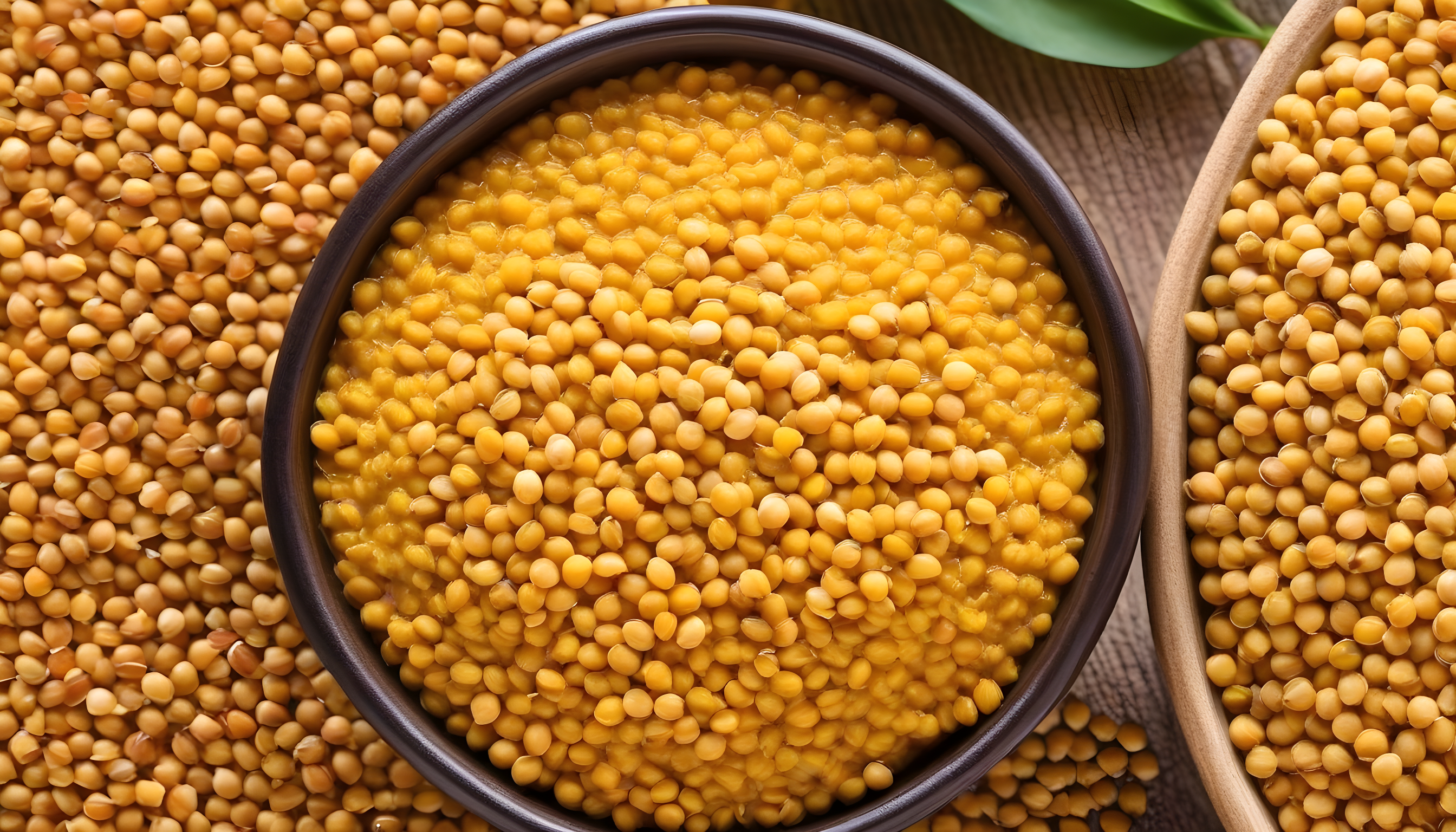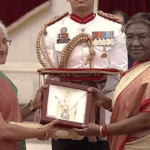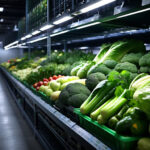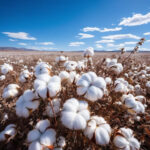Overview:
Inaugurating a revolutionary dal procurement portal, Cooperation Minister An Shah unveiled a platform where registered tur farmers gain the choice to vend their yields to NAFED and NCCF, adhering to a minimum support price (MSP) or prevailing market rates. Shah hinted at the forthcoming introduction of a similar platform for urad, masoor, and maize cultivators.

Image Source:-economic times.com
Transacting via the Direct Benefit Transfer (DBT) mechanism, the Minister disbursed approximately Rs 68 lakh to 25 farmers as payment for their tur sales through the portal.
Post-launch, Minister Shah emphasized the convenience for tur farmers to register on the portal ahead of the sowing season, enabling sales to NAFED and NCCF at the MSP.
Market Dynamics: Registered tur farmers retain the flexibility to choose between NAFED/NCCF and the open market. In cases where the open market’s tur price surpasses the MSP, an averaged rate will be determined through a formulated approach.
Shah underscored the deterrent effect on pulses farming due to unassured prices. The portal’s procurement strategy aims at instigating a transformative shift in the agriculture sector, fostering self-reliance in pulses production.
Reiterating Prime Minister Narendra Modi’s commitment, Shah assured that tur procurement directly from farmers is guaranteed.
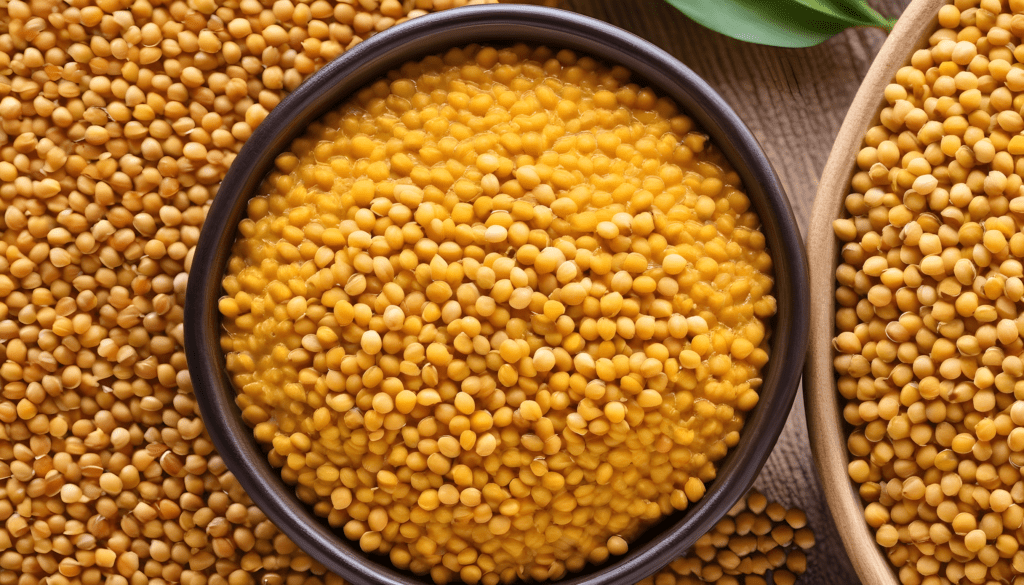
National Aspiration: Highlighting the persistent reliance on imported pulses, excluding chana and moong, the Minister expressed the vision for complete self-sufficiency in pulses by December 2027. He envisioned a future where not a single kilogram of pulses would be imported from January 2028 onwards.
Calling upon Primary Agriculture Credit Societies (PACS), Farmer Producers Organizations (FPOs), and progressive farmers, Shah urged them to propagate awareness about the portal, encouraging widespread adoption among farmers.
Production and Consumption Landscape: Acknowledging the rise in pulses production over the past decade, reaching 26.05 million tonnes in the 2022-23 period from 19.2 million tonnes in the 2013-14 crop year, Shah attributed this growth to the more than two-fold increase in the minimum support price.
Despite this surge, domestic pulse production falls short of consumption, necessitating imports. Agriculture Minister Arjun Munda, Minister of State for Cooperation B L Verma, and Minister of State for Consumer Affairs Ashwini Choubey graced the event alongside Minister Shah, marking a collective commitment to the transformative vision for India’s pulses sector.
